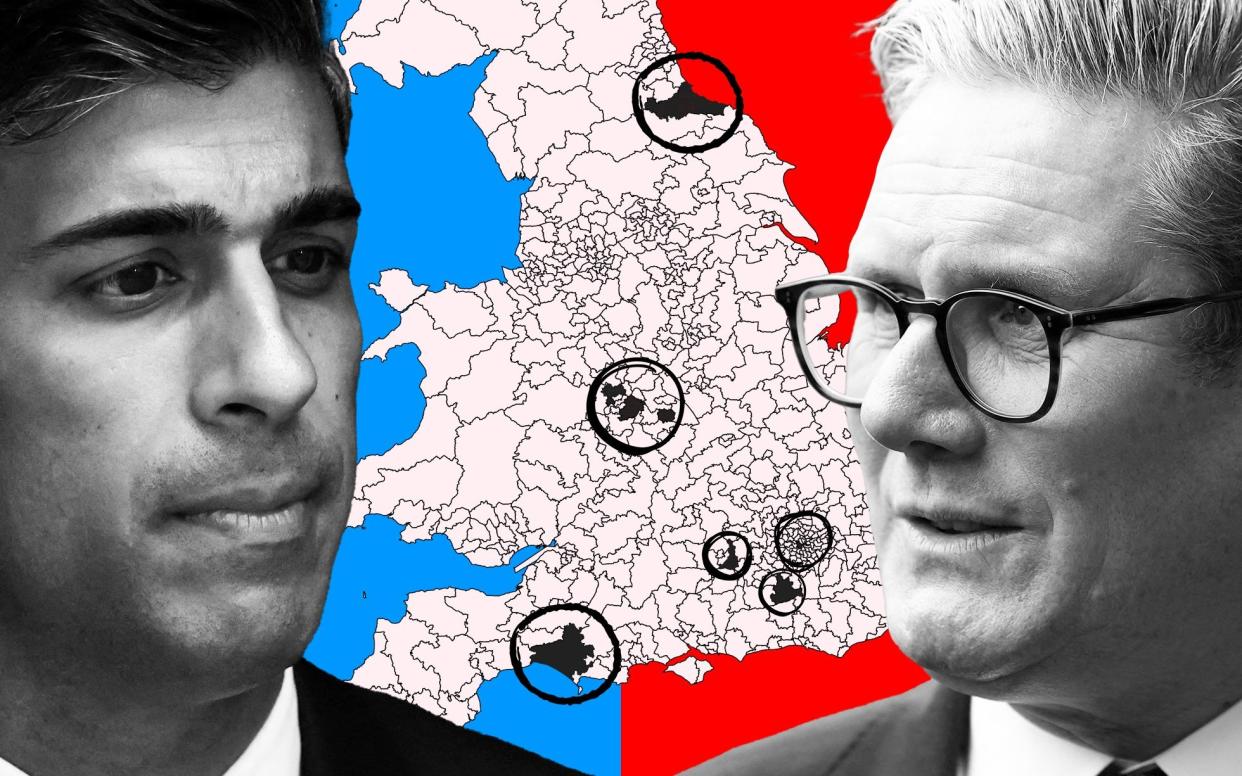The Tory infantry is taking an absolute hammering

There was a time when most British elections had overnight counts. However dramatic the night’s events, come the morning we more or less knew how things had played out.
No longer. Many of the results from yesterday’s council elections are counting today, whilst the big mayoral contests in London, the West Midlands, and elsewhere aren’t counting until Saturday.
All this is cheaper and more convenient for the town hall officials overseeing such things. But it not only robs us of the drama of election night (remember in 2010 when we almost got the general election in dribs and drabs?), it can have a serious effect on the coverage, and final public perception of, the race itself.
This morning, it is quite clear that the Conservative Party has had a terrible night. Barring the odd bright spot such as Harlow, where the Tories retained overall control despite a determined Labour campaign, in the contests so far declared it has been haemorrhaging councillors.
More worryingly still, not only did Labour recapture Blackpool South with a thumping swing, but Reform UK almost came within 100 votes of snatching second place – and that despite a plausible argument that such contests don’t favour Reform the way they do other parties such as the Liberal Democrats, due to its thin activist base.
By Sunday, however, things could feel quite different. Ben Houchen will probably have held on in the Tees Valley (we will know later this afternoon); the (suitably hedged) predictions of the pollsters I’ve spoken to are that Andy Street will also narrowly secure a third term in the West Midlands.
That might well be the difference for MPs weighing up whether to try and oust Rishi Sunak. And both elections are of course important in their own terms: vindications of the incumbents’ record over the past eight years and proof that, in the right circumstances, effective politicians can buck an ailing national brand.
However, it would be a mistake for the Conservative Party to allow that narrative trick to mislead it about the seriousness of these results, for two reasons.
First, it seems very likely that it is the council elections that will more strongly indicate how the general election is going to go: both are fought largely on party brands, with far less scope for the sort of individualised campaigning Houchen and Street have relied on.
Second, councillors are the Tory infantry. It is they, and the family and friends they persuade to help out, who form the core of the Conservative ground operation. Heavy losses will mean fewer people prepared to give up their dark, cold November evenings to campaign for the Government.
That would well prove devastating in an election where the Tories will need all the help they can get.

